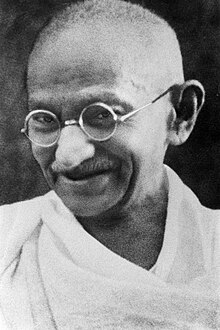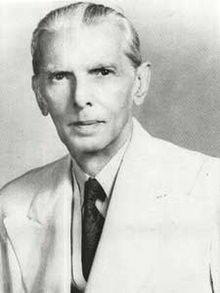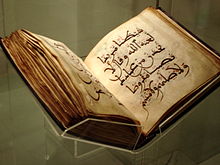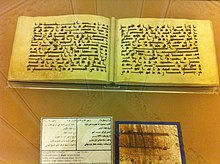| Quran |
|---|

|
| Information |
|---|
| Religion | Islam |
|---|
| Period | 609-632 |
|---|
| Quran |
|---|
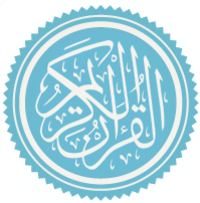 |
|
|
|
|
|
|
|
|
|
|
|
|
|
|
|
|
|
|
Muslims believe the Quran was verbally revealed by God to
Muhammad through the angel
Gabriel (
Jibril),
[4][5]gradually over a period of approximately 23 years, beginning on 22 December 609
CE,
[6] when Muhammad was 40, and concluding in 632, the year of his death.
[1][7][8] Muslims regard the Quran as the most important miracle of Muhammad, a proof of his prophethood,
[9] and the culmination of a series of divine messages that started with the messages revealed to
Adam and ended with Muhammad. The word "Quran" occurs some 70 times in the text of the Quran, although different names and words are also said to be references to the Quran.
[10]
According to the traditional narrative, several companions of Muhammad served as scribes and were responsible for writing down the revelations.
[11] Shortly after Muhammad's death, the Quran was compiled by his companions who wrote down and memorized parts of it.
[12] These codices had differences that motivated the
Caliph Uthman to establish a standard version now known as Uthman's codex, which is generally considered the archetype of the Quran known today. There are, however,
variant readings, with mostly minor differences in meaning.
[11]
The Quran assumes familiarity with major narratives recounted in the
Jewish and Christian scriptures. It summarizes some, dwells at length on others and, in some cases, presents alternative accounts and interpretations of events.
[13][14][15] The Quran describes itself as a book of guidance. It sometimes offers detailed accounts of specific historical events, and it often emphasizes the moral significance of an event over its narrative sequence.
[16][17] The Quran is used along with the
hadith to interpret
sharia law.
[18] During prayers, the Quran is recited only in Arabic.
[19]
Someone who has memorized the entire Quran is called a
hafiz. Some Muslims read Quranic
ayah (verse) with
elocution, which is often called
tajwid. During the month of
Ramadan, Muslims typically complete the recitation of the whole Quran during
tarawih prayers. In order to extrapolate the meaning of a particular Quranic verse, most Muslims rely on the
tafsir.
[20]




